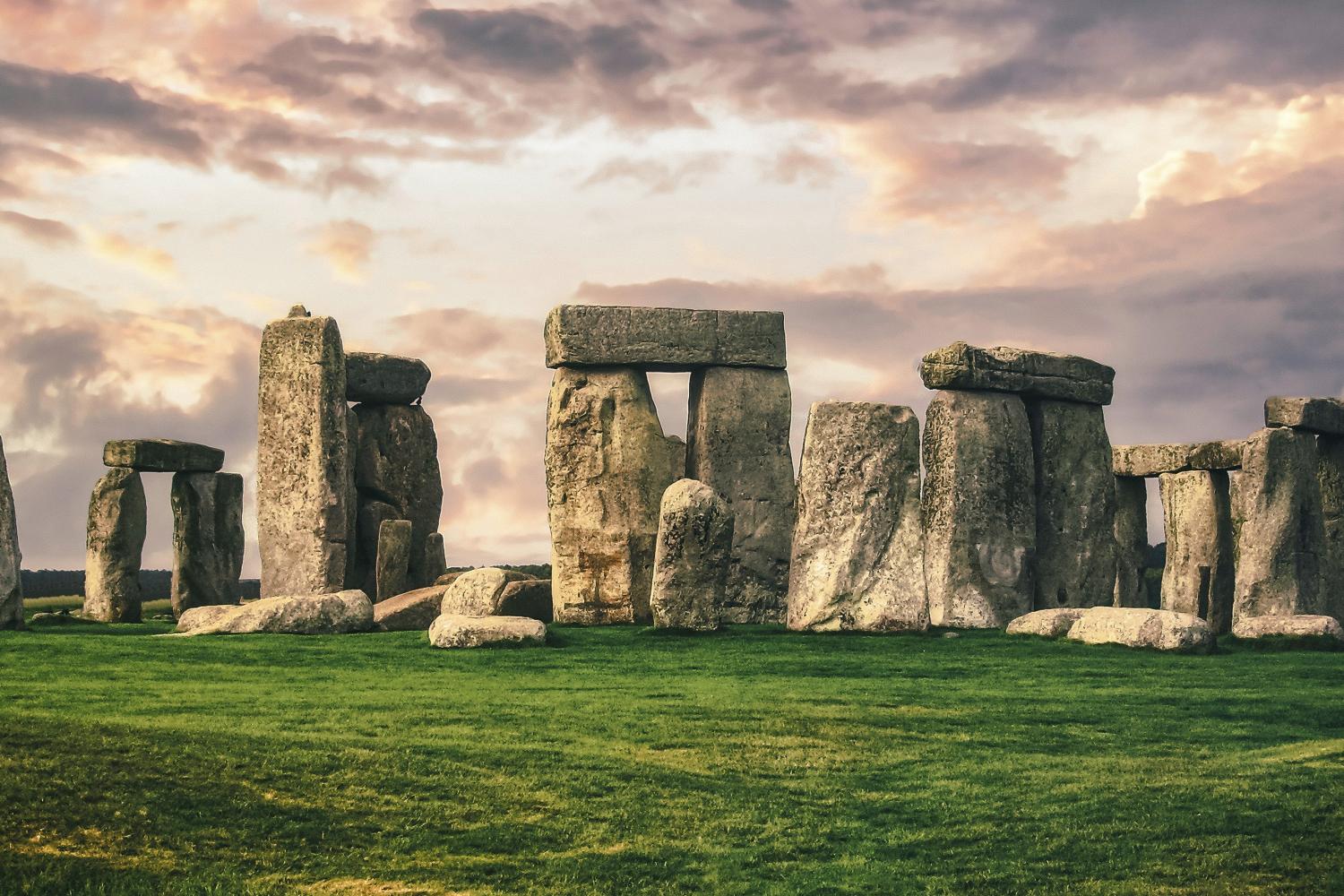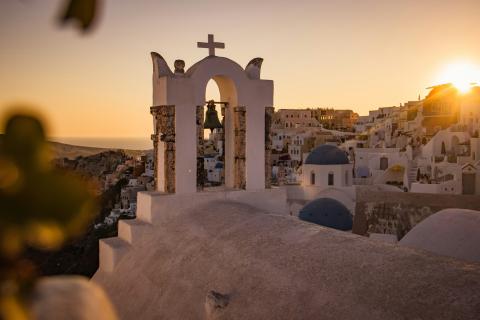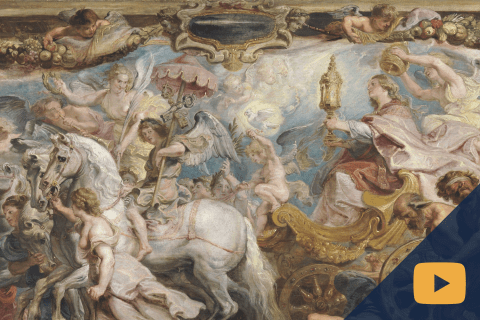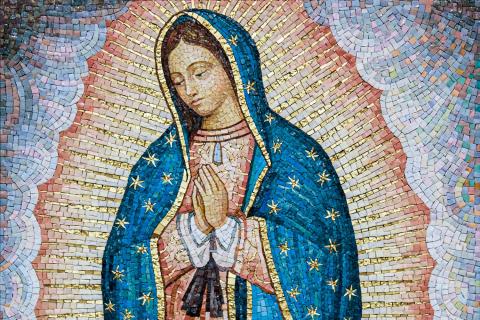
The summer solstice of late June marks the apex of the northern hemisphere’s tilt toward the sun. Such an occurrence was celebrated by ancient pagan peoples with great festivity, marking the longest day of the year and the abundance of light. Yet these celebrations did not only focus on the sun, but could also focus on the gods who should be worshiped in connection with such a gift.
The later spread of monotheistic religions throughout the Western world vanquished many pagan practices for centuries. Yet there are small pockets that are reemerging in lands that have been traditionally dedicated to Christianity. As an example, crowds of people are returning each summer to the ancient grounds of Stonehenge in southern England to participate in rituals during the summer solstice. Last year’s gathering attracted 10,000 people, which included curious spectators and those who identify as Druids, all of whom are searching for greater meaning and significance in their lives.
The events at Stonehenge are ordered toward reverence for the rhythm of the seasons, the gift of light, and the cycle of rebirth, which may or may not acknowledge the role of a divine power. This reverence can provide us with an appreciation of something bigger than ourselves. Yet many questions can be raised about these rituals by an outsider. One can wonder if these ceremonies merely acknowledge the changing of the seasons and their beauty, or the deeper source of the seasons as the “Absolute” of all creation. Do the rituals also acknowledge, as does our Christian tradition, that the source of all beauty can be known personally, as He has revealed Himself in time? Furthermore, does anyone walk away from these rituals feeling liberated from their own personal sense of sin and the shortcomings of their actions and behavior? Do these pagan celebrations offer any explanation on how to restore order to the imbalance of the world caused by war, crime, disease, and violence? What limits by conscience and reason prevent these seasonal celebrations from devolving into something evil, which could one-day involve sexual orgies or even human sacrifice? And lastly, what is to prevent these rituals from naming and creating false gods to whom our allegiance is due? These questions, and many more, surround the return of these pagan ceremonies.
Humanity has always shown a fascination with nature and the force that has given rise to creation. Yet the Christian view of nature is very different from the pagan response, as the Christian claims to know the source of all nature and the path by which one surpasses it toward the supernatural realm. As G. K. Chesterton once wrote in The Everlasting Man, “[I]t is true that Nature is really looking for something; Nature is always looking for the supernatural. Something much more definite was to satisfy that need.” What ultimately satisfies man’s search is not simply delighting in the cycles that nature provides, but instead, focusing on who helps us transcend beyond the patterns of this world. There is one who is above the repeated patterns of life, including the pattern of death. That person is Jesus Christ, who through His Incarnation combined divinity and humanity and through His death on the cross, has offered the most fitting sacrifice for the redemption of our sins.
Those who gather at Stonehenge are searching for something. They seek with a spirit of wonder and curiosity. They desire a connection with something bigger than themselves. What a gift it would be for them to delight not simply in a sunrise over ancient rock formations, but in the gift of eternal life given by Christ the Lord. For curious men and women who want something more in life, the Church is eager to proclaim the solution. In Christ can be found the answer to all of life’s riddles and the true light that never sets. It is He who has established His Kingdom in paradise upon foundations that will last forever, far beyond the rock formations of Stonehenge.


